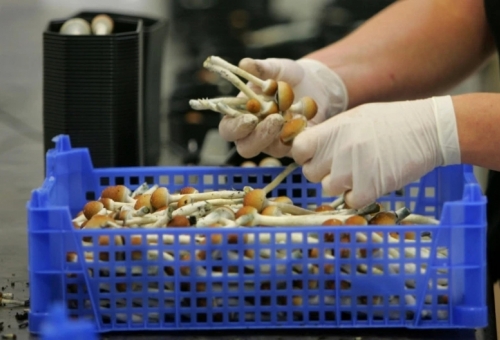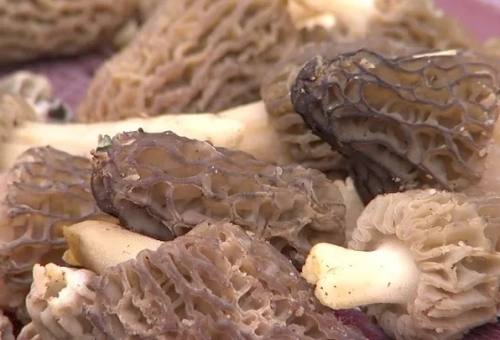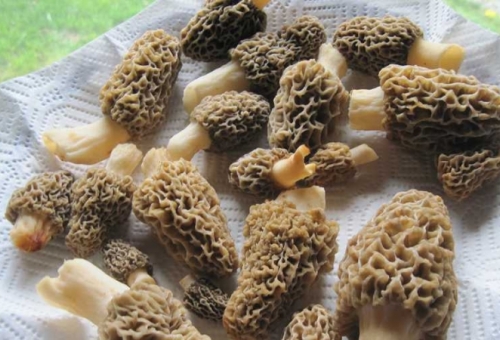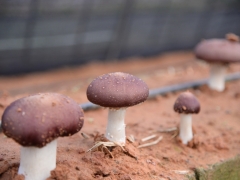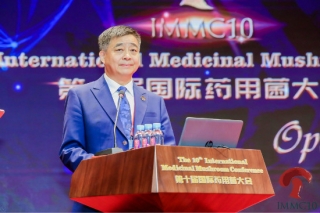MUSHROOM may soon become one of the commodities on the nation’s import prohibition list, going by plans by the Raw Material and Research and Development Council (RMRDC) to enhance mass production of the plant in the country to halt its importation.
Director-General (DG) of Raw Material Research and Development Council, RMRDC, Prof. Azikiwe Onwualu, gave the hint on Tuesday at a three-day Train the Trainer’s Workshop on Production and Development of Mushroom.
onwualu stated that “commercial mushroom, as we all know, is imported into the country, but with some training and technical assistance, it can be produced commercially in Nigeria on a small scale”.
According to him, the workshop with the theme “Mushroom: plant resource with considerable potentials to address the transformation agenda of the present government”, is to make people learn how to grow, package, export and make money from mushroom.
He stated that the workshop will provide “necessary requirements they need to be competitive in the business”.
onwualu disclosed that in a bid to promote the production and cultivation of mushroom for the myconutraceutical industry, the council has been organising popularisation workshops and has also published a monograph on maximising the benefits of downstream investment in production of eligible mushroom in Nigeria.
“Nigeria and indeed Africa is endowed with abundant human and material resources, which when properly harnessed through focused development and management could reduce the poverty level and improve the standard of living of her citizen.
“In spite of the availability of these natural resources, lack of the wherewithal to adequately add value and transform them into marketable intermediates and finished products has denied Nigeria the status of an industrialised nation and its subsequent benefits”, he said.
He said that for centuries, the demand for the plant has been appreciating because of its economic importance such as in pharmaceutical production and nutritional value.
He added: “For centuries, mushroom has appreciated as source of food nutrients and also pharmacologically important compound useful in traditional medicine. Yet not all the medicinal properties of mushrooms have been fully exploited.
“Records of health promoting properties such as antioxidant, antimicrobial, anticancer, cholesterol lowering level and immune-stimulatory effects have been reported for some species of mushroom”
The DG added that mushrooms in Nigeria have huge prospective to create industries because of its content
“Mushrooms indigenous to Nigeria have enormous potential as sources of bioactive agents for biopharmaceutical exploitation and bioremediation.
“Production of these mushroom will no doubt lead to emergence of myconutraceutical industries which has huge potentials of job creation”, he said.
He said that pharmacological potentials and other uses of about 90 per cent of mushrooms are yet to be exploited in Nigeria.
He also hinted that the protein content of mushroom can be compared with that of legumes such as soya bean and groundnut and animal products such as milk.
The DG also said that harnessing of natural resources requires putting in place a sound policy, and employment of the right people and appropriate technology.





